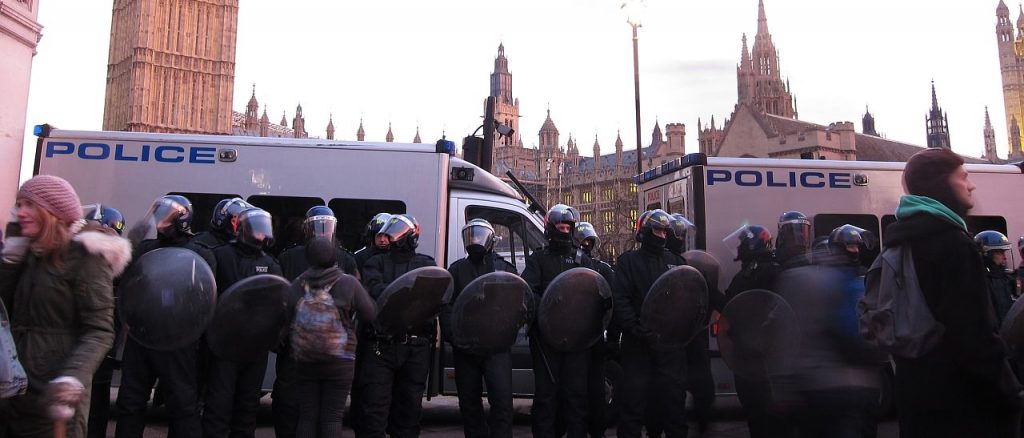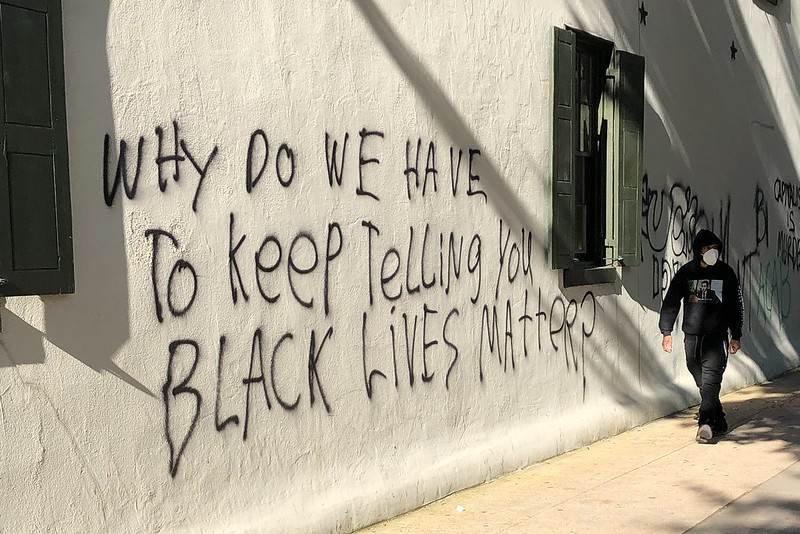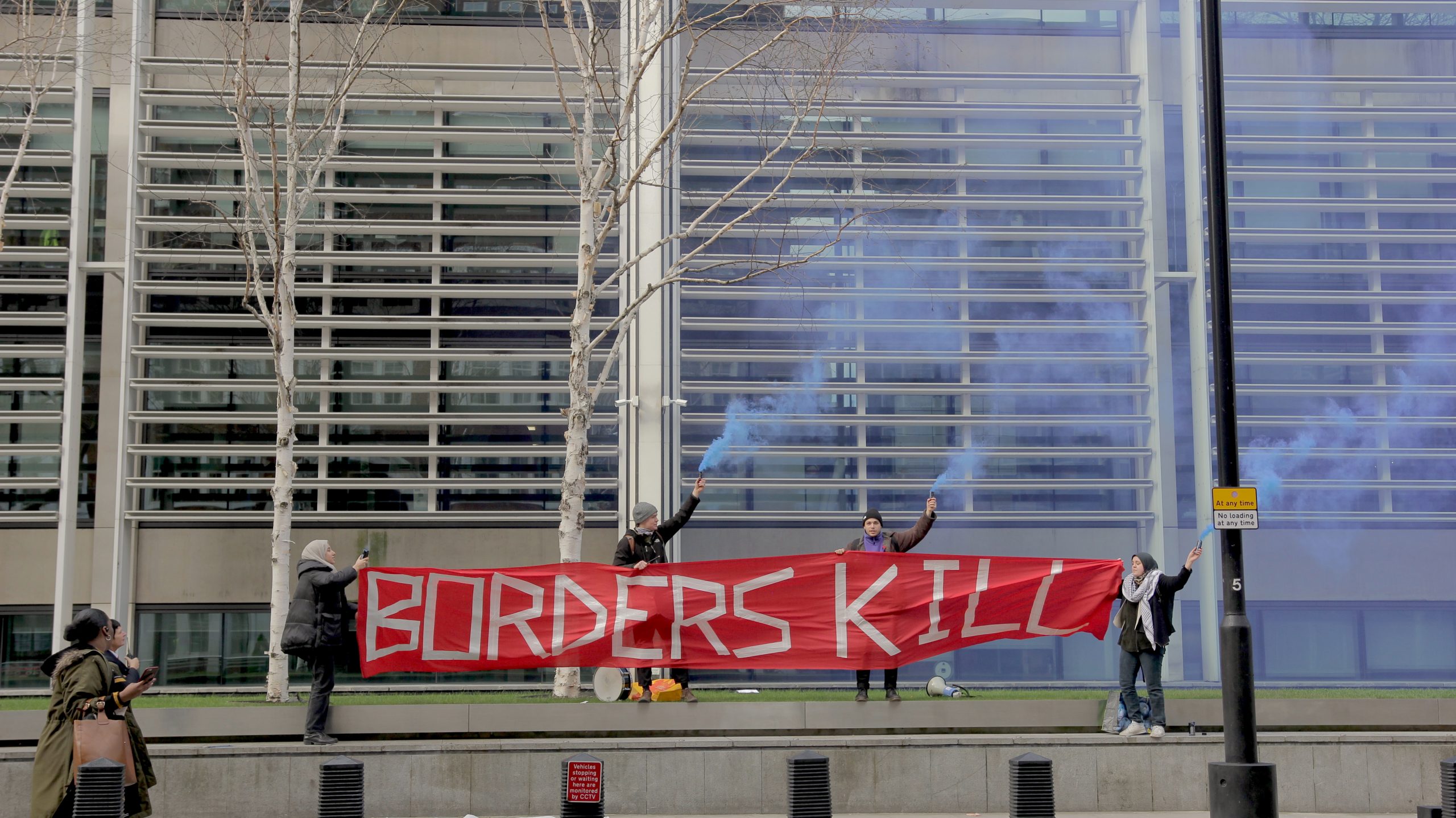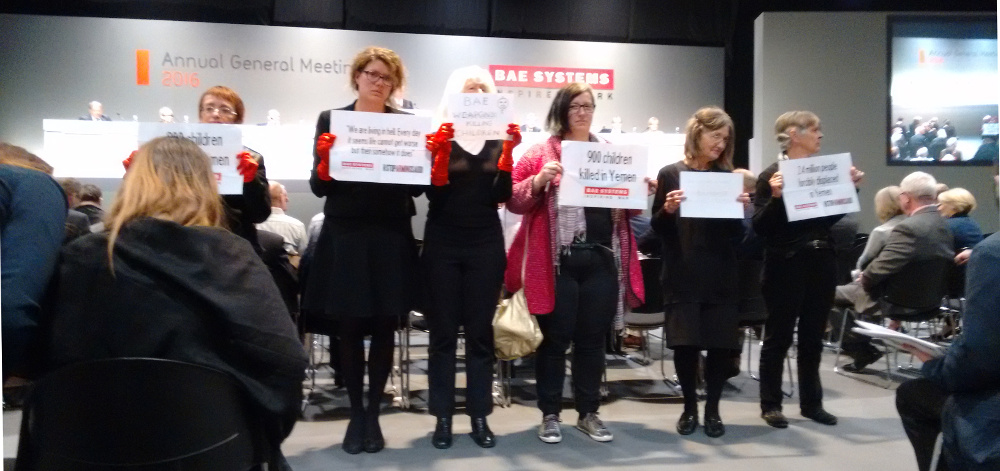State Violence
Internal security forces are involved in repression and human rights abuses across the world. This is the case whether we are discussing suppression of protest and dissent in Bahrain, Russia or China, or racialised policing in the US or UK. The increase in policing powers, often justified by ‘wars’ such as those on terror, immigration, drugs or gangs, and the rise of the surveillance state are global phenomena.
The UK is intimately involved in this process, both domestically and through its training and exports.
In Hong Kong, UK-made teargas was again used against democracy protesters in 2019. Despite knowledge of its previous use in 2014, the UK government continued to license further exports.
The UK has supplied arms and unwavering political support to the repressive government in Bahrain. Alongside this, Bahrain’s policing has been informed by British police advisors. Referring to several years of UK police training of the Bahraini Ministry of Interior, Bahraini activist Sayed Ahmed Alwadaei stated:
If anything, abuses at the hands of the police have increased in 2016, amid a culture of impunity and a lack of transparency from both British and Bahraini institutions. As a result, the training has done little more than legitimise the status quo.
Policing principles appear to be consistent and readily transferable between countries. British police learnt protest suppression techniques from the Royal Hong Kong Police and the Royal Ulster Constabulary in the 1980s. The UK College of Policing now provides training to many police forces including those in Hong Kong and Bahrain.
Following the murder of George Floyd, protests in the US against racism and police violence have been met with further state violence. Tear gas was widely used against protestors, as well as baton rounds, pepper spray, riot shields and batons. The UK had approved many licences for export of equipment that might be used for “crowd control”, including one licence that allowed the unlimited supply of tear gas.
In the UK, deeply entrenched racism is evident. There is disproportionate use of force by the police against black people, including the use of tasers. The travesties of Stop and Search, Prevent, the hostile environment, Windrush, Grenfell and the impact of Covid-19 are the inevitable consequences of this racism.




